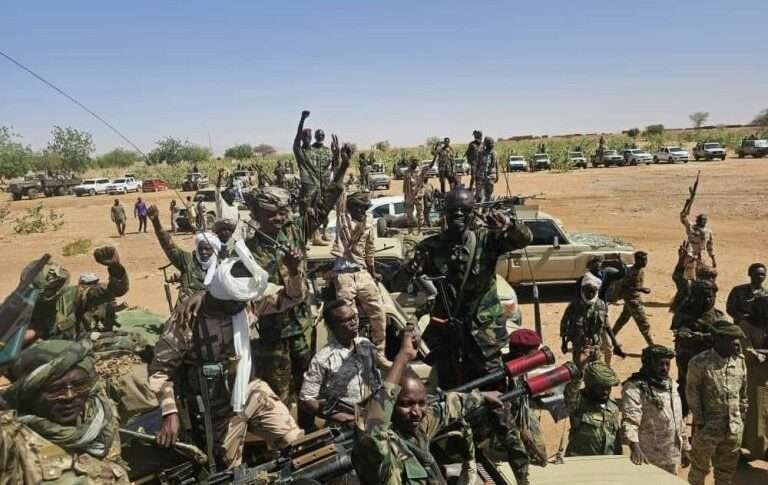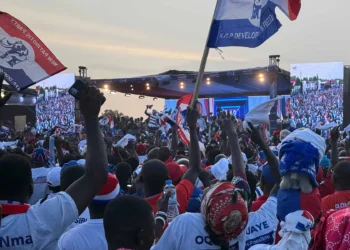Sudan’s ongoing conflict took a grim turn this week as fierce battles broke out between the national military and the notorious paramilitary Rapid Support Forces (RSF) in Sennar province, officials confirmed Sunday, June 30.
This development marks a new chapter in a 14-month war that has brought the African nation to the brink of famine.
The RSF launched an offensive on Sennar earlier this week, starting with an attack on the village of Jebal Moya. The fighting then moved to Singa, the provincial capital, where clashes have escalated.
On Saturday, June 29 the RSF claimed to have seized the military’s main facility, the 17th Infantry Division Headquarters, in Singa. Local media corroborated the RSF’s breach of military defenses.
However, Brig. Nabil Abdalla, a spokesperson for the Sudanese armed forces, refuted this claim, asserting that the military had regained control of the facility and that fighting was still ongoing as of Sunday morning. These claims have not been independently verified.
The UN’s International Organization for Migration reported that at least 327 households fled from Jebal Moya and Singa to safer areas.
“The situation remains tense and unpredictable,” the organization stated. Residents have recounted widespread looting in Singa, with RSF fighters reportedly seizing private vehicles, mobile phones, jewelry, and other valuables.
“They did like what they did in (the capital) Khartoum and other cities,” said Abdel-Rahman al-Taj, a resident of Singa who fled to Blue Nile province on Saturday.
“Many people were killed, wounded, or detained.”
The Sennar Observatory for Human Rights, a local rights group, reported that the RSF attacked Singa Educational Hospital, detaining dozens of patients and medical staff to use as “human shields.”
The group stated that the hospital had been turned into a military center, calling this a “clear violation of the international humanitarian law.”
Paramilitary Accused Of Human Rights Violations
The paramilitary group has faced repeated accusations of gross human rights violations since the war began in April last year, following a breakdown in relations between the military and the RSF that led to open conflict in Khartoum and other regions.
As attention remains focused on al-Fasher, a major city in Darfur besieged by the RSF for months, the conflict in Sennar highlights the war’s widespread impact.
Al-Fasher is the military’s last stronghold in Darfur, a region that has been a focal point of the conflict.

The devastating war has claimed the lives of over 14,000 people and left 33,000 wounded, according to the United Nations.
However, rights activists believe the actual toll could be much higher. The conflict has created the world’s largest displacement crisis, with over 11 million people forced from their homes.
International experts warned that 755,000 people are facing famine in the coming months, with 8.5 million experiencing severe food shortages.
Reports of rampant sexual violence and other atrocities have marked the conflict, particularly in Darfur, which experienced a genocide in the early 2000s.
Rights groups have labeled these actions as war crimes and crimes against humanity.
As the fighting continues to ravage Sudan, the international community remains watchful, urging an end to the hostilities and the implementation of measures to address the humanitarian crisis.
The situation in Sennar and beyond underscores the urgent need for peace and stability in the beleaguered nation.
READ ALSO: GCB Bank PLC Reports Robust Financial Performance for 2023




















